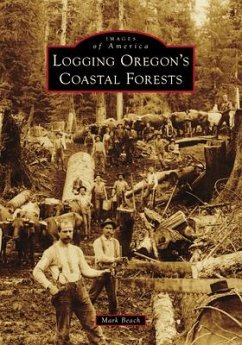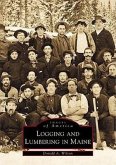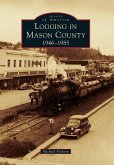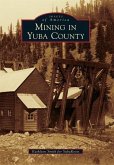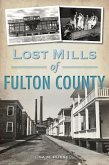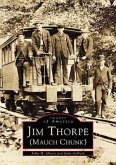For the first 60 years of the 20th century, logging dominated the physical, economic, and social landscape of the Oregon coast. Millions of trees fell to axes and saws. Millions of dollars bought land and machines. Thousands of young men sweated in the forests and swaggered in the towns. Mills from Astoria to Brookings belched smoke and shipped lumber throughout the world. As the industry responded to its worldwide market, it went from boom to bust and back to boom. Every decade brought new technologies that meant fewer loggers could cut more trees and send them to mills faster than ever. This book, which includes historical images from museums, agencies, and personal collections, reveals the dangers and pride loggers experienced as part of their profession and captures the culture of logging as forests shrank and markets grew.

